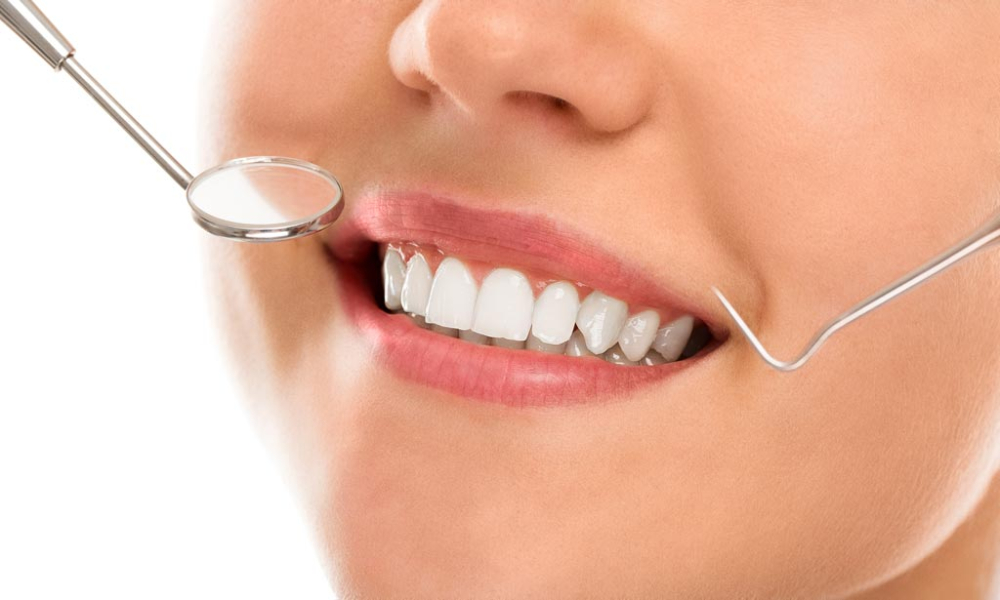General dentistry plays a vital role in maintaining oral health. It’s not just about fixing problems after they arise. Routine check-ups and cleanings help keep your teeth and gums healthy. This preventive approach identifies issues early, like cavities or gum disease, before they become serious. General dentistry acts as a foundation. It supports other dental practices, such as aesthetic dentistry, which focuses on improving the look of your smile. Without a healthy base, cosmetic procedures may not last or might even cause harm. Regular visits to a dentist help maintain natural teeth. They also ensure any treatments you receive work effectively. By addressing dental problems early, we avoid more complex, painful, and costly procedures down the road. Understanding the importance of general dentistry can lead to a lifetime of better oral health. Prioritizing routine care not only benefits your smile but also supports overall well-being.
The Basics of General Dentistry
General dentistry covers a wide range of services aimed at preventing and treating oral issues. Here are the three focal areas:
- Prevention: Regular exams and cleanings help stop dental problems before they start.
- Treatment: When issues do arise, general dentistry provides solutions like fillings or crowns.
- Education: Dentists offer advice on proper brushing and flossing techniques.
These core elements form a comprehensive care plan, ensuring your teeth and gums stay healthy throughout your life.
Benefits of Routine Dental Visits
Regular dental visits offer numerous advantages. These include:
- Early Detection: Issues like cavities or gum disease get noticed early, allowing for simple treatments.
- Oral Cancer Screening: Routine visits can catch signs of oral cancer early when it is most treatable.
- Better Overall Health: Good oral health is linked to better overall health, reducing risks for conditions like heart disease.
Regular visits create a proactive approach, helping to prevent serious conditions before they begin.
Comparing Preventive and Reactive Care
Understanding the distinction between preventive and reactive dental care can highlight the value of routine visits:
| Aspect | Preventive Care | Reactive Care |
|---|---|---|
| Focus | Prevention | Treatment of Problems |
| Cost | Usually Lower | Can be Higher |
| Timing | Regular Schedule | As Needed |
| Patient Experience | Less Invasive | May Involve Surgery or Pain |
Adopting preventive care can save time and discomfort compared to dealing with problems that require reactive care.
The Role of Education in Oral Health
Education is a critical component of general dentistry. Dentists provide guidance on:
- Proper Brushing: Using the right technique makes a big difference in preventing decay.
- Flossing Techniques: Effective flossing removes plaque and food particles between teeth.
- Nutrition Advice: A healthy diet supports strong teeth and gums.
This knowledge empowers individuals to take control of their oral health, leading to long-term benefits.
General Dentistry Supports Overall Health
Good oral health impacts more than just the mouth. It has a connection to overall health. For instance, studies show a link between gum disease and heart disease. Maintaining oral health through general dentistry lowers such risks. It also contributes to a better quality of life by reducing pain and discomfort from dental issues.
Conclusion
General dentistry is a cornerstone of good oral health. From prevention to education, it offers a comprehensive approach to maintaining healthy teeth and gums. Prioritizing regular dental visits can prevent many issues, support other dental practices like aesthetic dentistry, and promote overall health. By understanding and valuing general dentistry, we set the stage for a lifetime of strong, healthy teeth and a brighter smile.




